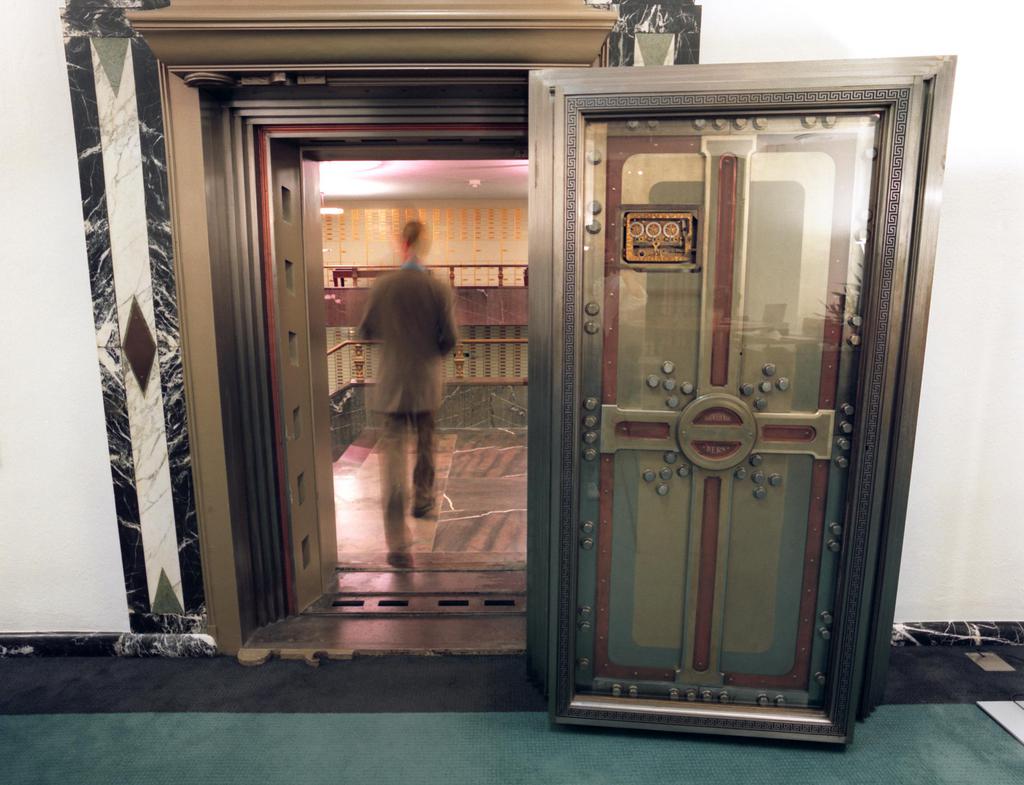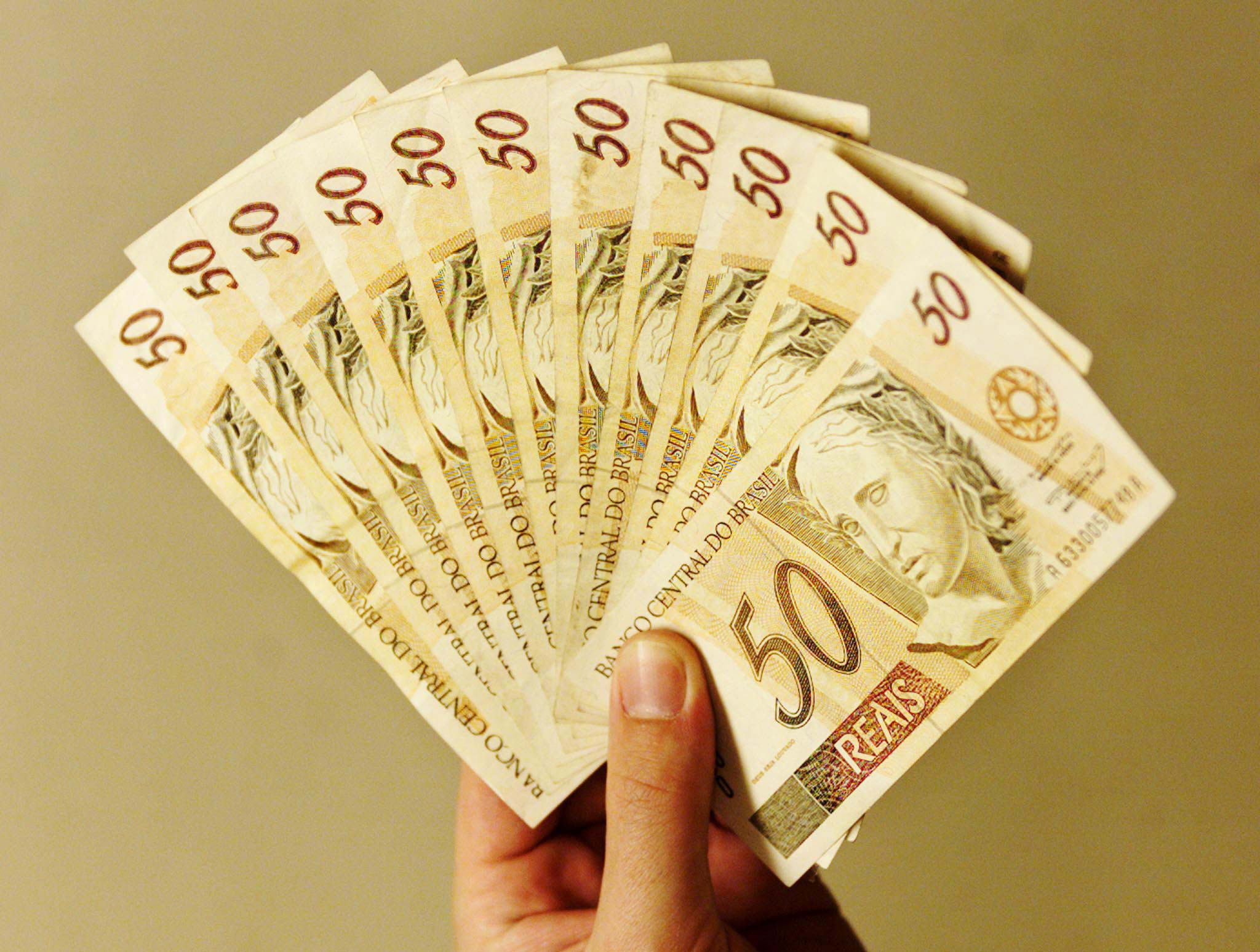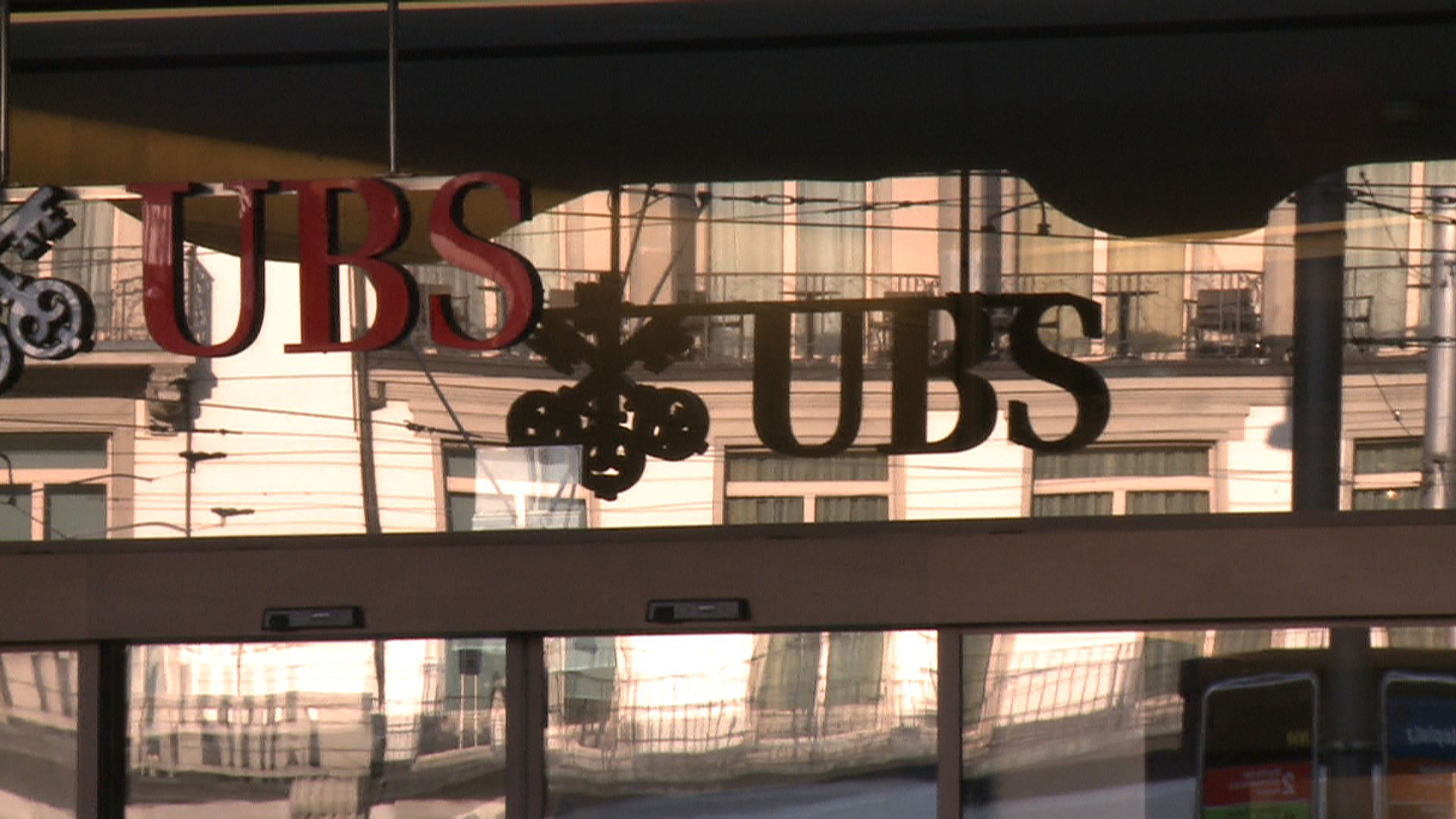Bank secrecy targeted in money laundering case

A spectacular case involving French and Swiss citizens and linking drug smuggling, money laundering and tax evasion is likely to further tarnish Switzerland’s image as a “tax haven”, only too ready to accept “dirty money”.
At the heart of the scandal on the Swiss side are two bankers, while in France most attention has been focussed on a Green Party politician, Florence Lamblin, deputy mayor of one of the arrondissements – or districts – of Paris.
On October 10, after a discreet seven month investigation, the French police detained 17 people. One of them, known only as M, is suspected of conducting a huge cannabis smuggling operation between Morocco and France. Lamblin for her part, is being questioned over possible money laundering.
The police discovered €400,000 (SFr484,000) in low-value notes in Lamblin’s flat and in safes belonging to her. She is one of eight French citizens suspected, at best, of having had assets in a Swiss bank account in order to hide them from the taxman, or, at worst, of having knowingly laundered drugs money.
The same day, M’s two brothers were taken into custody in Geneva. One is the managing director of GPF SA a small wealth management business, while the other works for the Geneva branch of the HSBC bank. Both are Swiss citizens of Moroccan origin. They were allegedly involved in recycling the proceeds from M’s drug smuggling operation in France.
100 million euros
In Switzerland the case is being handled by four examining magistrates from Geneva, headed by the chief cantonal prosecutor, Yves Bertossa.
The sums involved are huge: the French police say the sum involved in the money laundering is about €40 million, while French Interior Minister Manuel Valls says that the drug smuggling must have brought in about €100 million.
The deal allegedly went like this: when approached by clients wanting to transfer money discreetly from Switzerland to France, the M brothers would suggest a quick meeting in a Paris café, during which the client would be given bags containing low-value bank notes – in exchange for an eight per cent commission.
It is not clear if the clients knew what was going on. Lamblin’s lawyer, Jérôme Boursican, says she did not.
“If anything, my client may be guilty of tax fraud, over the transfer back to France of a sum of €350,000 from a family inheritance which was placed in a Swiss bank account in 1920,” he explained.
Banks distance themselves
Bankers in Geneva are anxious to refute suspicions that they have been lax.
The HSBC bank has confirmed that its employee was involved in the affair, but says that it has been “cooperating actively with the authorities about this over the past few months”. The Swiss newspaper Le Temps reports that GPF SA is about to dismiss the other brother.
“We were surprised that it should still be possible to do this today. This is a practice that has been forbidden by law for more than 20 years,” said Bernard Droux, chairman of the Geneva Financial Center foundation, the umbrella group for independent banks and wealth managers in Geneva.
“You can never rule out the possibility of black sheep in any profession. No international centre is totally protected from this kind of thing,” he told journalists on Wednesday.
He described Switzerland as being at the “forefront” of the fight against drug money, and said France and Switzerland had worked together well over the affair.
Switzerland in the firing line
In an interview with the French news magazine Le Nouvel Observateur, the well-known investigating magistrate, Eva Joly, described drug smuggling and tax evasion as “two sides of the same coin”.
“What’s most interesting about this affair is that it shows the public the connection between tax fraud and money laundering,” she said.
“It’s unusual to have a case that illustrates so clearly what I’ve been saying for 20 years: you find the same middlemen involved with money laundering, embezzlement, corruption and drugs.”
She regretted that Switzerland did not consider simple tax evasion to be a matter that warranted international cooperation.
The French government has not so far reacted to the affair, although Budget Minister Jérôme Cahuzac announced measures aimed at helping officials involved in fighting tax fraud and evasion.
But in a country where successive governments, of whatever political colour, have been fighting tax evasion, the latest case could play into the hands of the enemies of Swiss banking secrecy, providing them with a simple message: tax evasion leads (sometimes) to organised crime.
According to the Geneva prosecutor’s office, quoted by Le Matin newspaper, the three brothers who have now been arrested used the so-called “compensation” system to transfer money from France to Switzerland.
This is a way to transfer undeclared assets without leaving traces.
The organisation was based in Paris, where one brother was allegedly in contact with drug pushers in the suburbs. He was the one who collected the money.
It was then put in envelopes or bags and passed by agents to bank clients who wanted to get their money out of Switzerland without declaring it. Under this arrangement, neither side had to carry cash between Geneva and Paris.
After the handover, the sum would be deducted from their account in Switzerland. This money was then passed on to the drug traffickers via shell companies in the Bahamas and Panama.
The first brother, M, is resident in Paris. The other two were arrested in Geneva, along with a woman who was later released, but warned she could be required for further questioning.
The lawyer of the second brother, who worked at the GPF SA, says the cash handed over to bank customers in Paris was collected by his brother from Jewish communities in France who wanted to make donations to various individuals or religious schools.
She told the newspaper Le Temps that here client knew nothing about any cannabis smuggling.
(adapted from French by Julia Slater)

In compliance with the JTI standards
More: SWI swissinfo.ch certified by the Journalism Trust Initiative





You can find an overview of ongoing debates with our journalists here. Please join us!
If you want to start a conversation about a topic raised in this article or want to report factual errors, email us at english@swissinfo.ch.